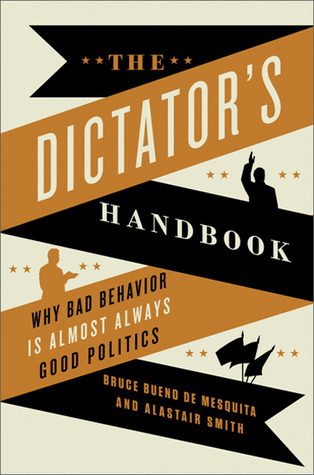
The 48 Laws of Power
Book Description
Power plays out like a high-stakes game, where one misstep can lead to ruin and betrayal lurks in every shadow. In "The 48 Laws of Power," Robert Greene unveils time-tested strategies for mastering the art of influence, showcasing historical figures and their cunning maneuvers. Each law is a revelation, a weapon in the arsenal of the ambitious, offering a roadmap through treachery and triumph. Explore the relentless quest for supremacy amid alliances, rivalries, and the seductive allure of control. What lengths would you go to seize power for yourself?
Quick Book Summary
"The 48 Laws of Power" by Robert Greene distills centuries of wisdom and ruthless strategies for understanding, acquiring, and wielding power. Drawing on events and personalities from history, Greene outlines 48 "laws"—timeless maxims and lessons on influence, manipulation, and human behavior. The book serves as both a manual for those who seek power in personal or professional settings and a warning for those who wish to defend themselves against its abuses. Greene blends anecdotes of emperors, courtiers, generals, and con artists with clear, actionable advice. The result is a provocative exploration of ambition, self-interest, and the often-ambiguous ethics of power, illuminating both the dark side of human nature and the cunning required to thrive in competitive arenas.
Summary of Key Ideas
Table of Contents
Understanding Human Nature and Social Dynamics
The book opens with an exploration of human nature, emphasizing our universal drives for status, influence, and security. Greene asserts that societies and organizations are governed by invisible contests for power, often marked by manipulation, envy, and subtle competition. Recognizing these dynamics is essential; by understanding our own motives and those of others, readers can navigate social hierarchies more adeptly. Greene delves into the psychology of courtly life—modern workplaces included—and urges vigilance, as appearing too competent, naïve, or needy can attract unwanted rivalry or scorn.
Strategies of Influence and Manipulation
A core theme is the skillful use of influence and manipulation. Greene illustrates how cunning leaders and tacticians throughout history gained the upper hand not through brute force, but through calculated moves, deception, and exploiting rivals’ weaknesses. He encourages readers to cultivate adaptability, discretion, and strategic patience, reminding them that those who outwit and outlast their opponents often come out on top. The importance of indirect approaches and understanding the value of timing is emphasized, as subtlety tends to be more effective than confrontation.
Playing Offense and Defense in the Game of Power
The book carefully distinguishes between moments where one must advance aggressively and times when retreat or discretion is wiser. Playing offense may involve controlling rivals, making bold displays of confidence, or leveraging alliances. Conversely, defensive maneuvers—such as avoiding unnecessary conflicts, never outshining superiors, or hiding one’s true intentions—can protect a person from backlash or destruction. Greene underlines the necessity of reading situations before acting, adapting tactics as circumstances evolve, and always guarding against betrayal from unexpected sources.
The Importance of Perception and Image
Greene reveals the transformative power of perception and image. He argues that public appearance, reputation, and mystique are powerful assets in the pursuit of power. A carefully crafted persona can open doors and deflect scrutiny, while rumors or a tainted name can bring ruin. Throughout history, those who have mastered the art of self-presentation—using charm, ambiguity, or calculated distancing—have wielded unparalleled influence. Controlling the narrative and creating an aura of unpredictability are among the subtle arts discussed.
Maintaining and Protecting Power
The final theme centers on the preservation and ethical dilemmas of power. Once achieved, power must be maintained vigilantly; complacency can breed vulnerability. Greene acknowledges the moral ambiguities his laws present, cautioning that power always carries risks and responsibilities. He encourages critical self-reflection, a realistic appraisal of one's environment, and the wisdom to know when to use or resist certain tactics. Ultimately, "The 48 Laws of Power" is both a pragmatic toolkit and a philosophical caution, inviting readers to consider deeply the costs and consequences of the relentless pursuit of power.
Download This Summary
Get a free PDF of this summary instantly — no email required.





